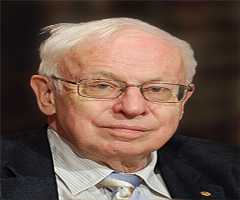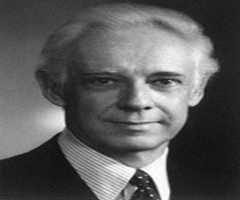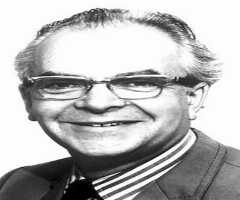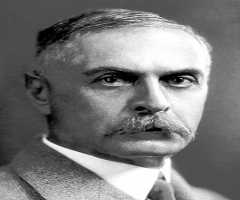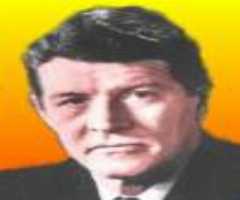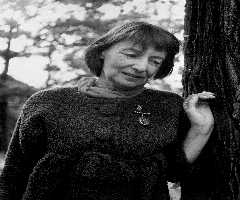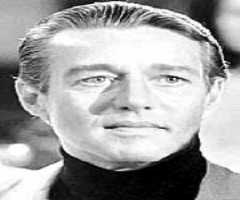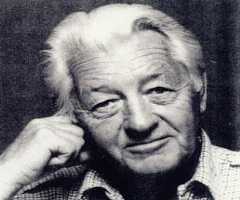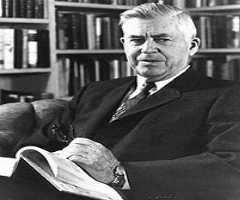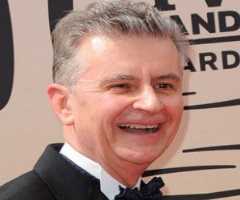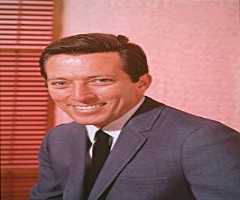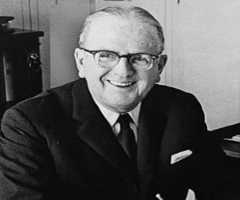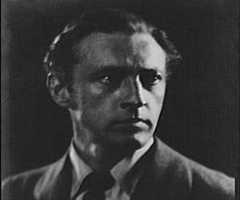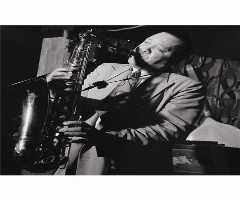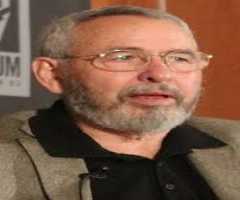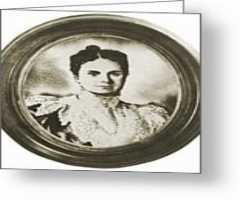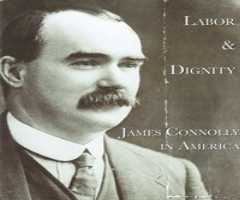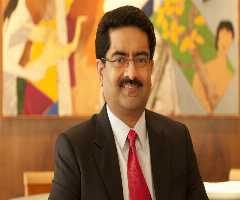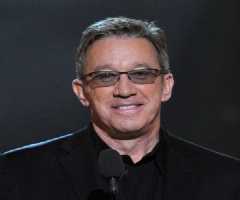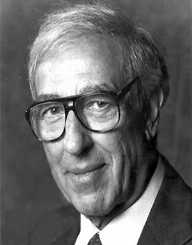
Birth Place : Lansing, Iowa, United States of America
Died On : December 21, 2009
Zodiac Sign : Gemini
Edwin G. Krebs Biography, Life, Interesting Facts
Edwin G. Krebs was a Nobel Prize-winning biochemist from America, who researched in the field of cell biology. He collaborated with several other scientists of his time and received prestigious awards several times. His pioneering discovery was showing how phosphorylation is crucial in activating proteins and regulating cellular processes.
Childhood & Early Life
Krebs was born on June 6, 1918, in Lansing, Iowa. His star sign was Gemini. His father William Carl Krebs was a Presbyterian minister and moved around a lot of places due to the traveling nature of his work.
Young Krebs and his mother Louise accompanied him. However, when Krebs was six, the family had a longer stay in Greenville, Illinois. They lived there till Krebs was 15 years old when his father suddenly died. They then moved to Urbana, Illinois.
Education
Krebs was enrolled in the Urbana high school after which he went to the University of Illinois. He was quite gifted as a student and impressed his teachers with his insights into chemistry. He chose the field of medicine after being selected for a scholarship from the Washington School of Medicine.
While studying at the Washington School of medicine, Krebs got ample opportunities to research the field of medicine and also trained to be a physician. He graduated in 1943.
Early Career
After leaving school, Krebs joined the Barnes hospital. He worked there for eighteen months and then served in the Navy as a medical officer. After being discharged from the navy, Krebs returned to civilian life in 1946.
However, the hospital work didn’t interest him much, and he shifted his attention to studying biochemistry. Two years later, he was ready to begin his path as a biochemist.
Career As A Biochemist
Krebs became an assistant professor at the University of Washington, Seattle in 1948. Together with Edward Fischer, he worked on the enzymology of phosphorylase. They were able to discover the mechanism of reverse phosphorylation – a discovery that won him the Nobel Prize in the field of Physiology.
Krebs was promoted to a full professor in the year 1957, and he served at the University of Washington for another 11 years. He then left the University and became the founding chairman of the Department of Biochemistry at the University of California. In 1972, he became an editor for the Journal of Biological Chemistry and worked in that position for 20 years.
In 1977, Krebs rejoined the University of Washington as the Chairman of the Department of Pharmacology. His later career was focused more on research-based training, and he mentored a large number of students. His students found him to be an encouraging and loving teacher. One of the most important contributions that came out of Krebs’ mentorship was the analysis of phosphotyrosine signaling events. Krebs had also co-authored several books on biology. The important ones are: “The Enzymes,” “Protein Phosphorylation” & “Control by Phosphorylation.”
Awards
Krebs was the recipient of the Albert Laskar Award for Basic Medical Research. He also won the Louisa Gross Horwitz Prize in biochemistry. Most importantly, he received the Nobel Prize in Physiology together with Edward Fischer for their discovery of the effects of enzymes in phosphorylation & de-phosphorylation.
Personal Life
After returning from war duty, Krebs married Virginia Deedy French. She was studying nursing at the Washington University, and they met at the Barnes Hospital. The marriage took place on March 10, 1945. Virginia gave up her career to support that of her husband.
They had three children – two girls Sally Herman and Martha Abrego and a boy Robert Krebs. They remained married until his death in 2009.
Death
Krebs died in Seattle on December 21, 2009, from heart failure. He was 91 years old.
More Biochemists
-
![Melvin Ellis Calvin]()
Melvin Ellis Calvin
-
![Edmond H. Fischer]()
Edmond H. Fischer
-
![Johann Deisenhofer]()
Johann Deisenhofer
-
![Richard Kuhn]()
Richard Kuhn
-
![John James Rickard Macleod]()
John James Rickard Macleod
-
![Christian Boehmer Anfinsen]()
Christian Boehmer Anfinsen
More People From Iowa
More People From United States of America
-
![Norman Vincent Peale]()
Norman Vincent Peale
-
![John Barrymore]()
John Barrymore
-
![Lester Young]()
Lester Young
-
![Tony Mendez]()
Tony Mendez
-
![Emily Warren Roebling]()
Emily Warren Roebling
-
![Mark David Chapman]()
Mark David Chapman

